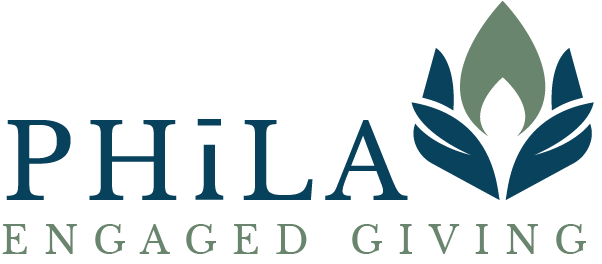By Lauren Janus
Here at Phīla, one of our most cherished values is continuous learning. Sure, all of us have spent most of our professional lives in the nonprofit sector, and we avidly follow the philanthropic news. But we’re always especially eager to turn that new corner, or uncover that new aspect to giving that we’re less familiar with.
April 1st marks the start of the holy month of Ramadan; a time when Muslims around the world pause to focus on their family and their faith. I wanted to use Ramadan this year as an opportunity to learn more about an aspect of Muslim faith that I’ve been increasingly curious about–the practice of Zakat. Zakat is charitable giving mandated by Islamic law. It must be directed to the poor and needy, and totals–get this–between $200 billion and $1 trillion each year. It’s perhaps the most powerful source of philanthropic giving in the world, and yet in my mind, it’s not discussed nearly enough in our field.
Sufyan Sohel, CAIR-Chicago
To learn more about Zakat, I reached out to Sufyan Sohel, Deputy Director and Counsel at CAIR-Chicago, a nonprofit that advocates for and preserves the civil rights of American Muslims. Sufyan responded right away and very kindly discussed the basics of Zakat giving to me.
Can you explain how the practice of Zakat fits into the Muslim faith?
Islam has five pillars of faith: faith, prayer, fasting, charity and pilgrimage. Zakat fits under pillar number four, charity.
How are Muslims instructed to make their Zakat gifts? Are there guidelines?
Yes. Muslims are expected to give 2.5% of their assets in Zakat each year. Most of Zakat giving happens during Ramadan, mostly because that’s when people remember to do it. But giving Zakat during Ramadan is also considered to be an especially holy practice. Here at CAIR-Chicago, about 40% of our annual donations come in during Ramadan.
What does Zakat giving look like? Is it just to established nonprofits?
Actually, no! Zakat gifts must be made to or in support of the poor. But this can mean a lot of things to a lot of different people. For example, you can give cash to a local family you know is struggling financially. Or you can give to an organization that serves the poor. I usually give part of my Zakat to the Chicago Food Bank. You just can’t give to your immediate family members. But it makes no difference if you’re giving to Muslims or non-Muslims.
What about giving to your Mosque? Does that count as Zakat?
It depends. You can’t make a general fund donation to your mosque, but you can give to their Zakat fund. These are funds set up specifically for the purpose of Zakat giving and generally support a range of people in need locally as well as globally. Similarly, other nonprofit organizations will set up Zakat specific funds, or can apply to be designated “Zakat Eligible.”
I want to thank Sufyan for his time and patience in explaining the basics of Zakat to me and our followers. I continued to be fascinated by this tsunami of giving that washes across the world each year thanks to the global Muslim community.
For all those who observe this holy month in the Muslim tradition, Ramadan Mubarak!

